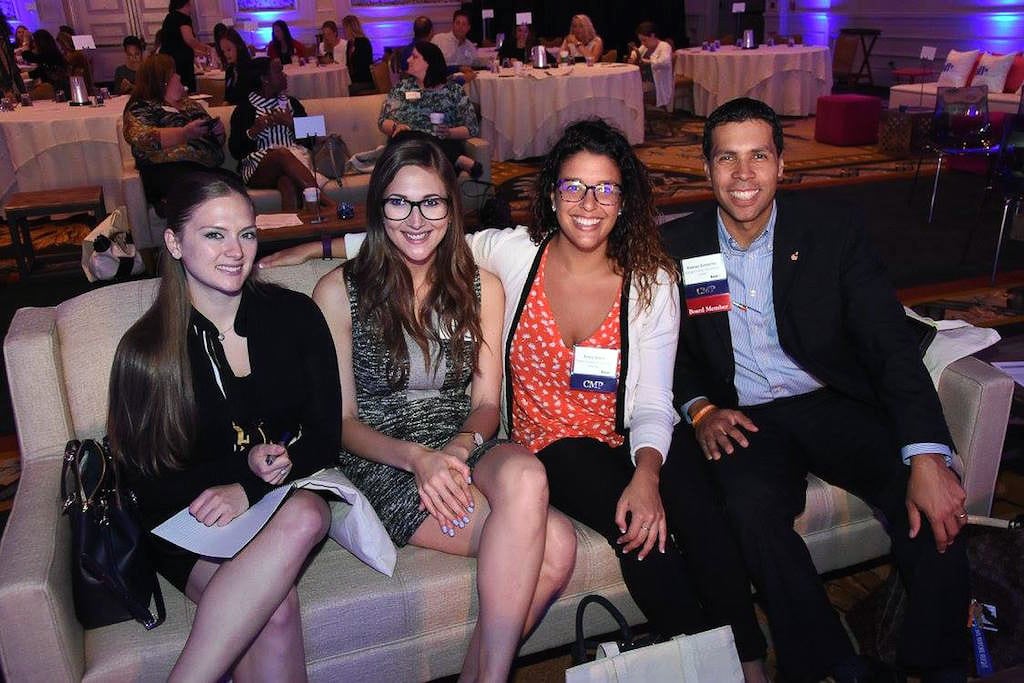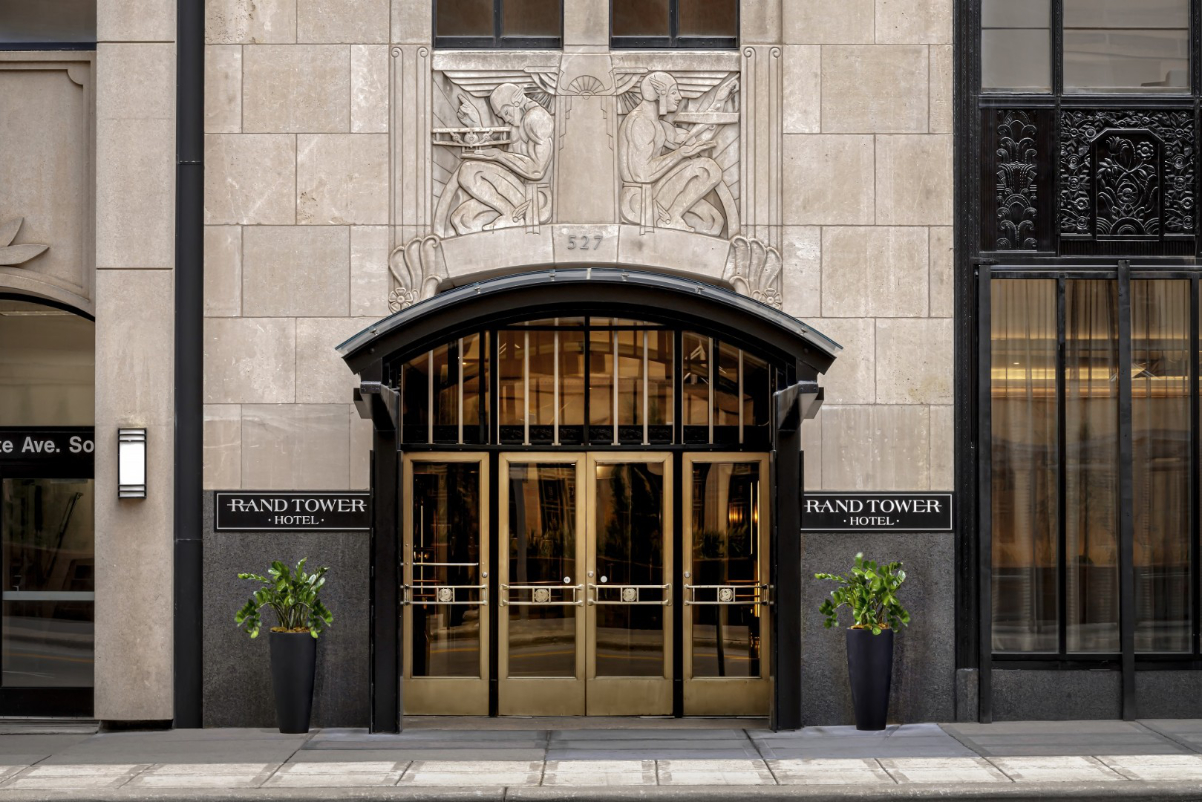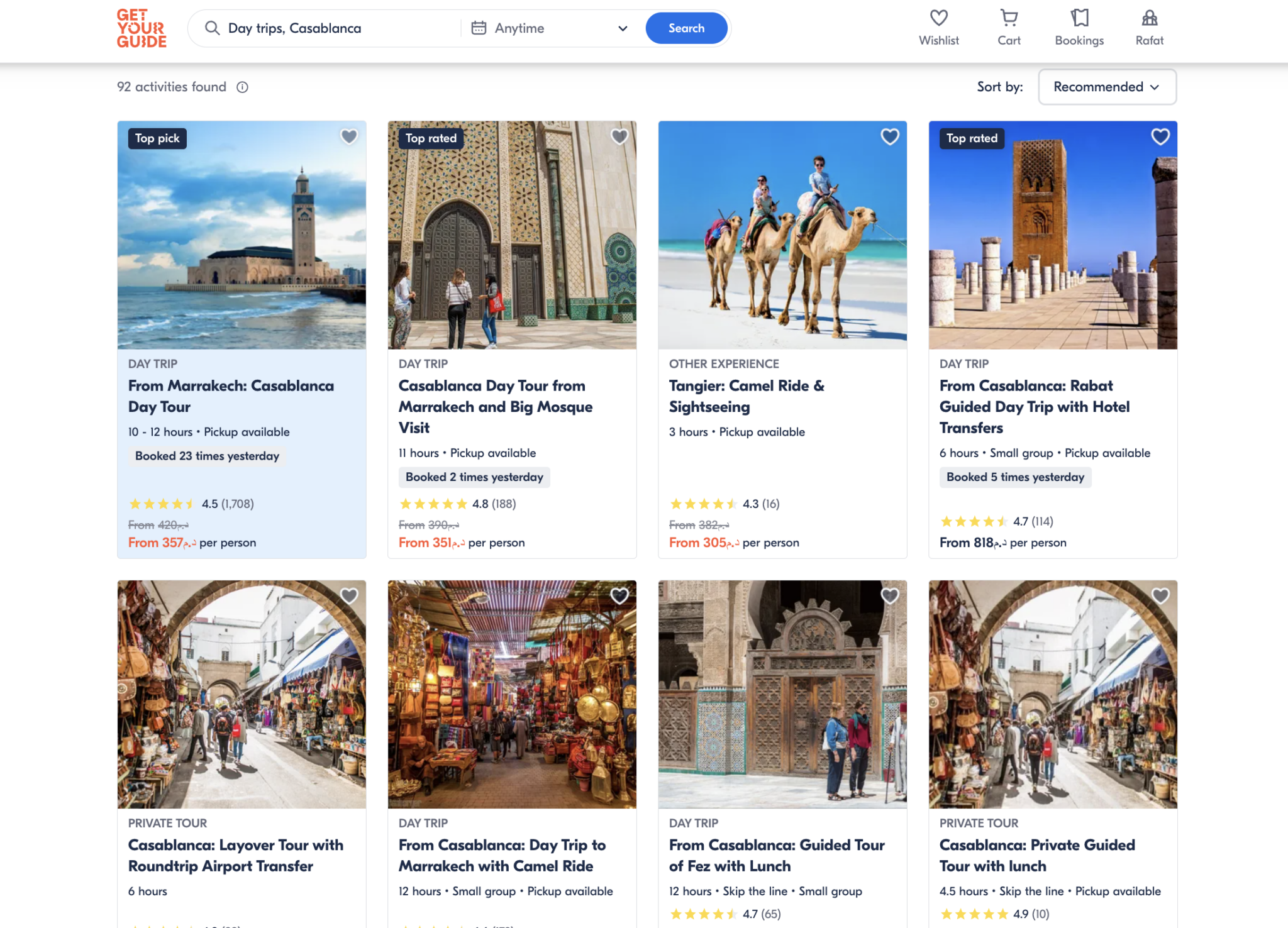Millennials Don’t Talk About Millennials and Neither Should the Meetings Industry

Skift Take
Nobody is really all that excited about discussing Millennials’ rising impact in the meetings industry anymore.
That really hit home during a panel I moderated for the Convention Industry Council (CIC) last week, during their annual Conclave 2016 educational event in Baltimore.
Skift was invited to Conclave based on our collaboration with Meetings Mean Business last year to produce the Skift Trends Report: What Millennials Want in Meetings.
A lot has changed in a year with regard to how people of all generations are less inclined to want to talk about Millennial trends.
For example, Baby Boomers are saying that Millennials should attempt to provide more long-term solutions to answer their demands, versus just stating how they’re different from older generations.
“I’ve heard all about Millennials and their needs, over and over again,” Jeania Davis, senior national meetings developer for Girl Scouts, told me earlier this year. “But I need solutions. Come to me with solutions and I promise you I’ll do whatever I can to make them happen.”
Generation X-ers are tired of being outcast from the conversation revolving around Millennials’ supposed expertise with event technology, digital communications, and the future of meeting design. There is no more push-back around the Millennial theme than from people in their 40s who view themselves just as digitally savvy, forward-thinking, and socially open-minded as someone in their 20s.
Millennials, more than anyone else, are over the whole thing. Completely.
“Millennials don’t talk about Millennials,” a young Skift colleague told me before the CIC event. “Old people talk about Millennials.”
The reason for that is because Millennials are tired of being labeled as a homogenous group.
“People shouldn’t assume everything about us,” said panelist McKenzie Kaufeld Counts, a Millennial-age manager of the Making it Happen events company in Orlando. “Just because I’m young doesn’t mean I know how to fix your remote control.”
Another one of the panelists was Carol Krugman, chair of the department of hospitality, tourism & events management at Metropolitan State University of Denver. She summed up the multi-generational challenges in the meetings industry succinctly at the beginning of the panel.
“This is the first time we’ve had four generations in the workplace, and I think that’s at the core of everything we’re talking about today,” she said. “It’s really like living in a multi-cultural environment. We don’t even speak the same language.”
A Millennial on The Future of Meetings
Shawnna Kerns, 26, marketing & communications manager for the Convention Industry Council, was also on the CIC panel. The following Q&A is a combination of questions I asked Kerns both during the panel and afterward.
Skift: What do you feel our panel accomplished the most?
Shawnna Kerns: I think it encouraged people to reach out to each other, and maybe have a little more positive dialogue about how we can learn from each other, more than just basing everything on stereotyping. I’m also hoping, like McKenzie said, people don’t only turn to Millennials for every type of electronic and technical issue.
I also think Carol made a good impression as an older person who really has an open mind, and the fact that she said she was inspired by Millennials. Hopefully that will inspire some other people to look toward us for inspiration, just like we do with other generations.
Skift: Was it important to discuss how Millennials want to attend face-to-face meetings and events just as much as older generations, basically because you’re human. As such, we all want and need to engage face-to-face to develop relationships both in our professional and personal lives.
Kerns: I think it’s important to keep discussing because older generations are still so afraid of everything going digital. It’s also about learning and networking styles, and not so much about generations. For myself, I go to meetings to network and meet people to develop some sort of mentorship, and I can only do that successfully at a face-to-face event.
I can go online and get all the webinars I want, whenever I want. But going to a meeting to see the people who are doing what I want to do, and getting inspiration face-to-face is imperative to building long-term relationships. It’s about developing relationships at the same time you’re living them.
Skift: I was surprised to hear how Millennials on the panel and in the audience said they feel their generation is disparaged to the degree they do.
Kerns: I’ve had many experiences where I say I’m a Millennial, and then I’ll get shrugs, or someone makes a dismissive sound. I think Millennials have been talked about negatively for so long that sometimes we kind of flinch when we hear it.
Skift: Do Millennials talk about Millennials?
Kerns: I don’t think it’s a normal conversation for us. I think if anything it’s probably avoided because it is talked about so negatively so often. I know it’s not something I try to bring up, or look forward to speaking about. It’s definitely not something we want to brag about, so no, it’s not something that comes up in normal conversation much.
Skift: You and McKenzie both emphasized that Millennials shouldn’t be stereotyped around your digital and social media prowess. Is that a big deal?
Kerns: I think the whole anti-social media, anti-technology backlash among Millennials is super interesting, because people say that this generation is so heavily reliant on technology. There’s a group of people my age who have been going off the grid in terms of social media for so long. They refuse to read on a tablet, and instead they go buy print newspapers and books. I think that’s interesting about how more young people are refusing to use electronic reading devices.
Skift: What’s motivating that?
Kerns: I think it’s a personal mantra for them because they think technology is so overused in their personal lives. So they’re fighting back and saying, “Look, we’re not all like that. We’re not all the same person. We don’t all like the same things.” There’s a very big demographic of people, at least where I come from, who went to school for things like journalism, and those people are definitely embracing the print word.
Skift: Meaning, people invested four years of their life in university so they don’t want to be pigeonholed as a social media manager to write 140-character content.
Kerns: Exactly. On top of that, I was speaking to a marketing professional at Conclave, and he described how so many of us are coming up through the workforce, are we’re always put into the role of social media manager. Now, he said, we don’t want to even manage our own social media accounts because we have to do it for work, which completely makes sense.
Skift: So what’s next in terms of being more solutions-oriented? Could a group of people your age in the industry produce some kind of thought leadership around what you want the future of meetings to look like?
Kerns: I really like that idea. I think it’s kind of been established who Millennials are, both the negative and positive stereotypes. It’s almost been talked to death at this point, so I would definitely say now it’s time to move beyond understanding who you are to what can you do.
Skift: Is it time for the meetings industry to stop talking about Millennials?
Kerns: I definitely agree with that. I felt like by the end of the panel even, it was more focused on talking about what’s new and exciting in the industry in technology and innovative meeting design. You know, just in the 75-minute panel that we did, people were over talking about Millennials, and then we moved into more modern ideas for meetings. So I think that is 100 percent accurate.




